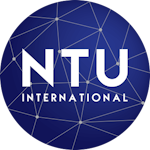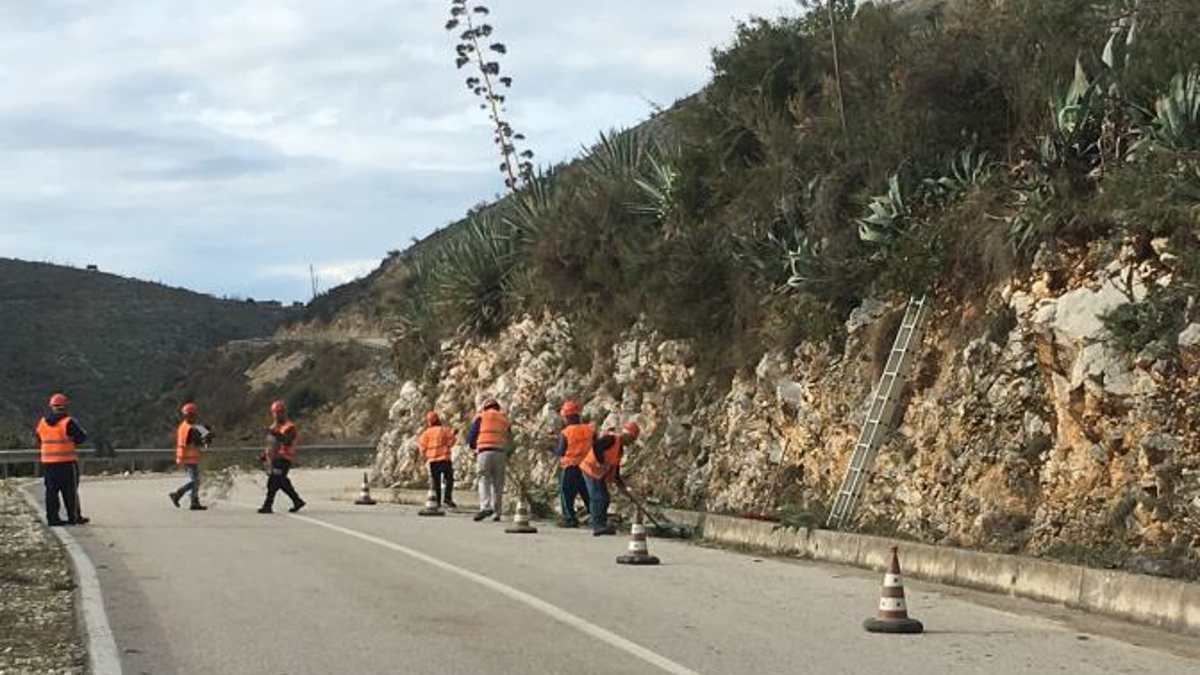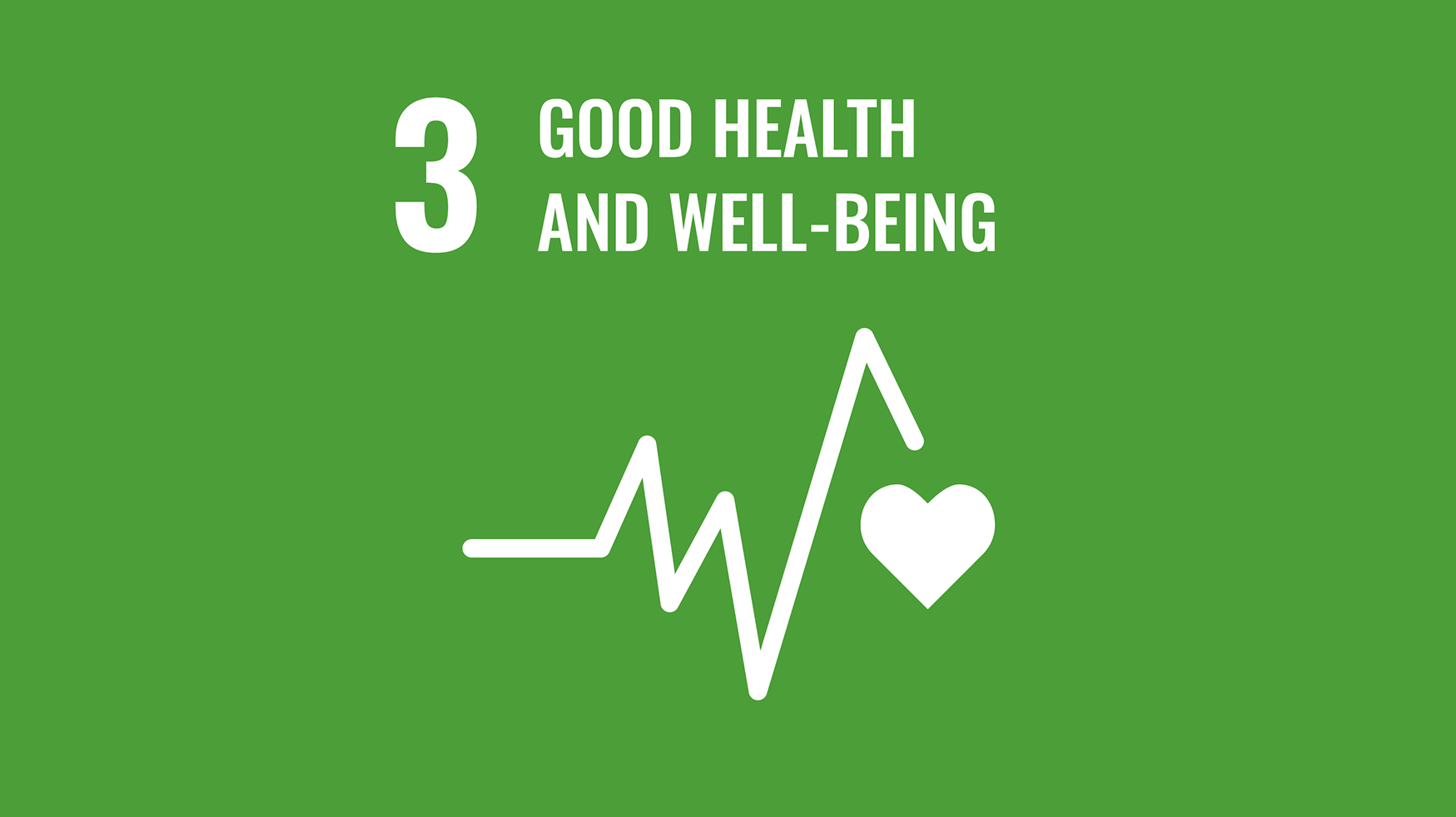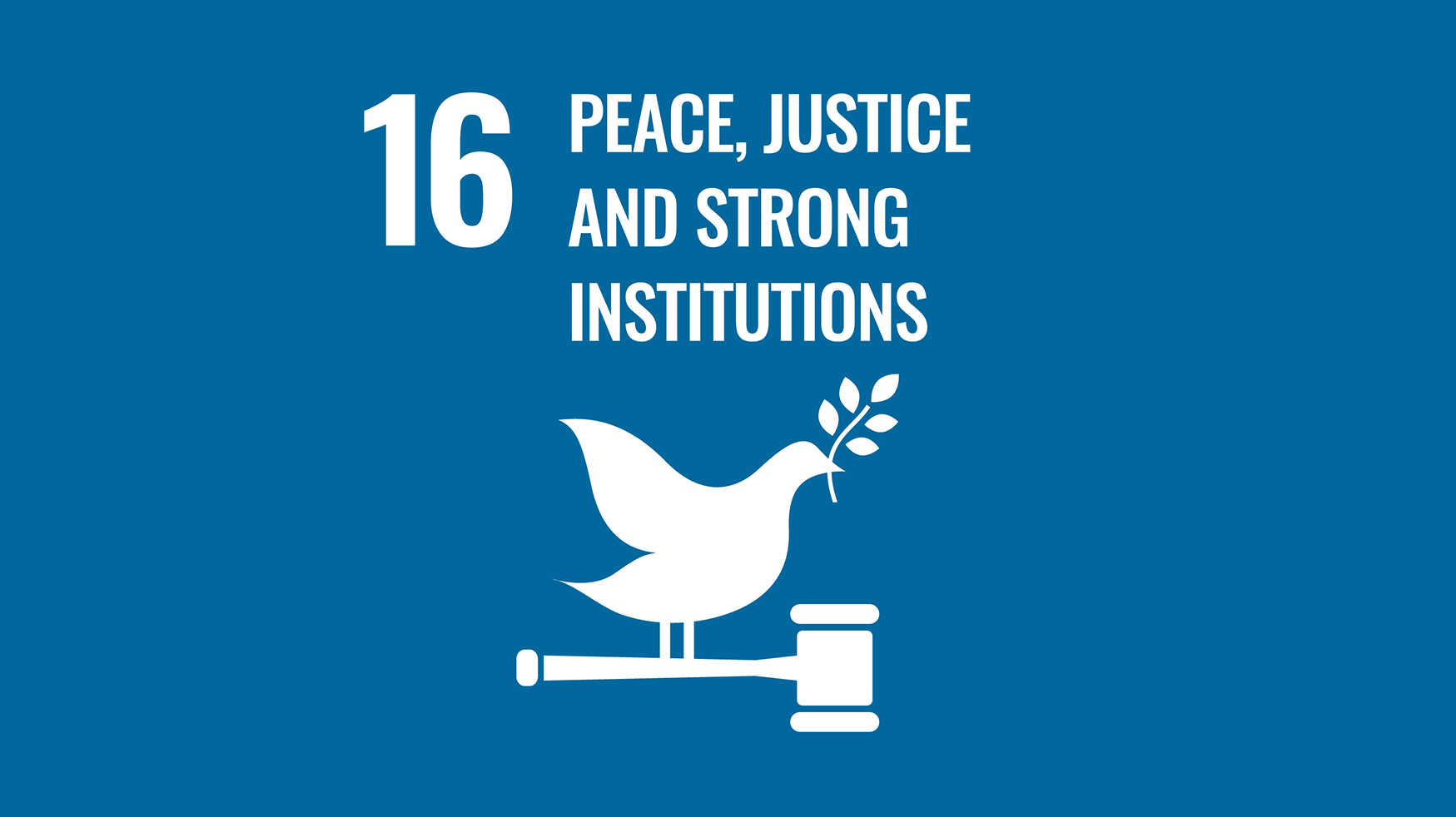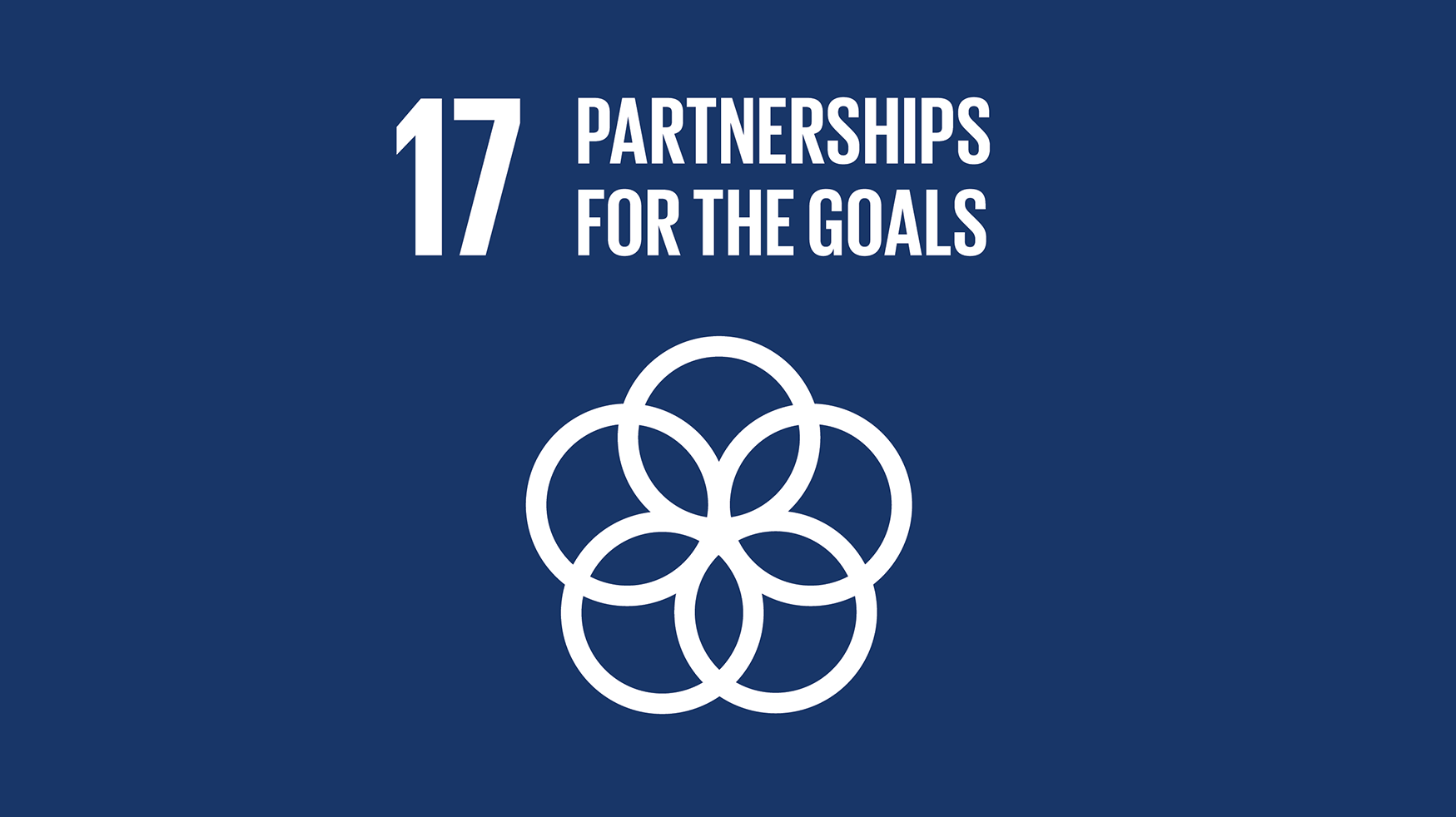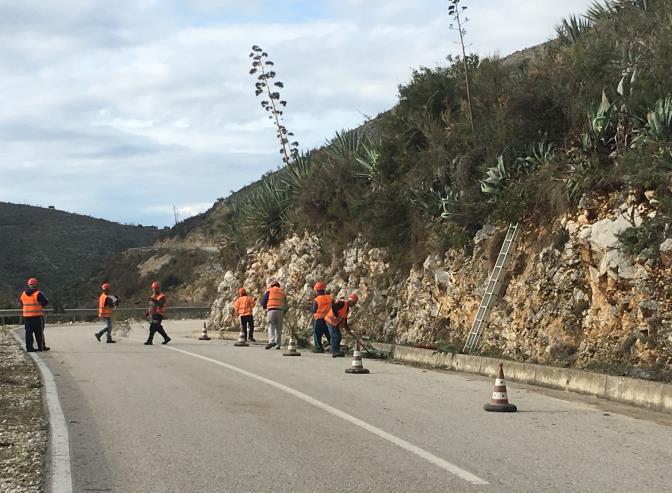
The technical assistance project Consultant Services for Road Safety Technical Assistance under the Result-based Road Maintenance & Safety Project (RRMSP) for Albania National Road Network, implemented in Albania from March 2018 to June 2021, was funded by the World Bank. The objectives of this over EUR 2.8 million project were to:
-
Support the Ministry of Transport and Infrastructure (MoTI) as the Lead Office (Agency) and as the Secretariat of the Inter-Ministerial Road Safety Committee (IMRSC) by developing internal capacities and procedures to conduct “Results-based” institutional functions.
-
Provide technical assistance in safe road infrastructure.
-
Establish sustainable Monitoring and Evaluation (M&E) Systems for systematic and ongoing measurement of road safety outputs and outcomes (intermediate and final), and the evaluation of interventions to achieve the desired results.
-
Recognise and prepare integration path of different data repositories in robust Road Crash Data and Analysis System.
-
Outline and prioritise unsafe behaviour on Albanian roads with proposed, target driven awareness campaigns: On “Promotion” – Publicity and Awareness Campaigns Targeting Unsafe Behaviours.
The project was organized around 4 main components: (1) strengthen the Road Safety Department as the Lead Office (Agency) and the Secretariat of the Inter-Ministerial Road Safety Committee (IMRSC); (2) Technical assistance in safe road infrastructure; (3) Road Crash Data and Analysis System; and, (4) Promotion - Road Crash Data and Analysis System.

Implementation
One of the key components was technical assistance in safe road infrastructure (Component 2). Within the framework of this component, NTU provided advice on the improvement of infrastructure safety in high-risk corridors through the development of Road Safety Guidelines and mass action programs guidelines as well as continuous support in network safety ranking and management. Additionally, training in the use of proactive tools and procedures for improved infrastructure safety, based on a thorough needs assessment and gap analysis, was provided. Furthermore, improved rural and urban road infrastructure safety programs in high-risk corridors and areas were evaluated, speed management practices reviewed, and support in the preparation of police enforcement programs was given.
One part of the project’s achievement was a speed management program implementation plan developed by NTU based on a thorough review of international best practices, a detailed analysis of existing crash data, the identification of high-risk areas and times, the review of speed signage, several meetings with the Executive Director of the Albanian Traffic Police, the development of specific and localised enforcement actions plans, the linkage of the speed management program plan with the awareness and communications campaigns and the development of specific and measurable outcomes for effective monitoring and evaluation.
Impact
The work of NTU on this project provided several positive impacts on the groups targeted by this project such as the government of Albania and its related entities, the private sector, NGOs, citizens, etc. Among these impacts, several can be mentioned:
-
Fewer speed-related deaths
-
More efficient patrols and patrol officers
-
Safer roads
-
Harmonisation and reduction of expenditure related to the consequences of road accidents
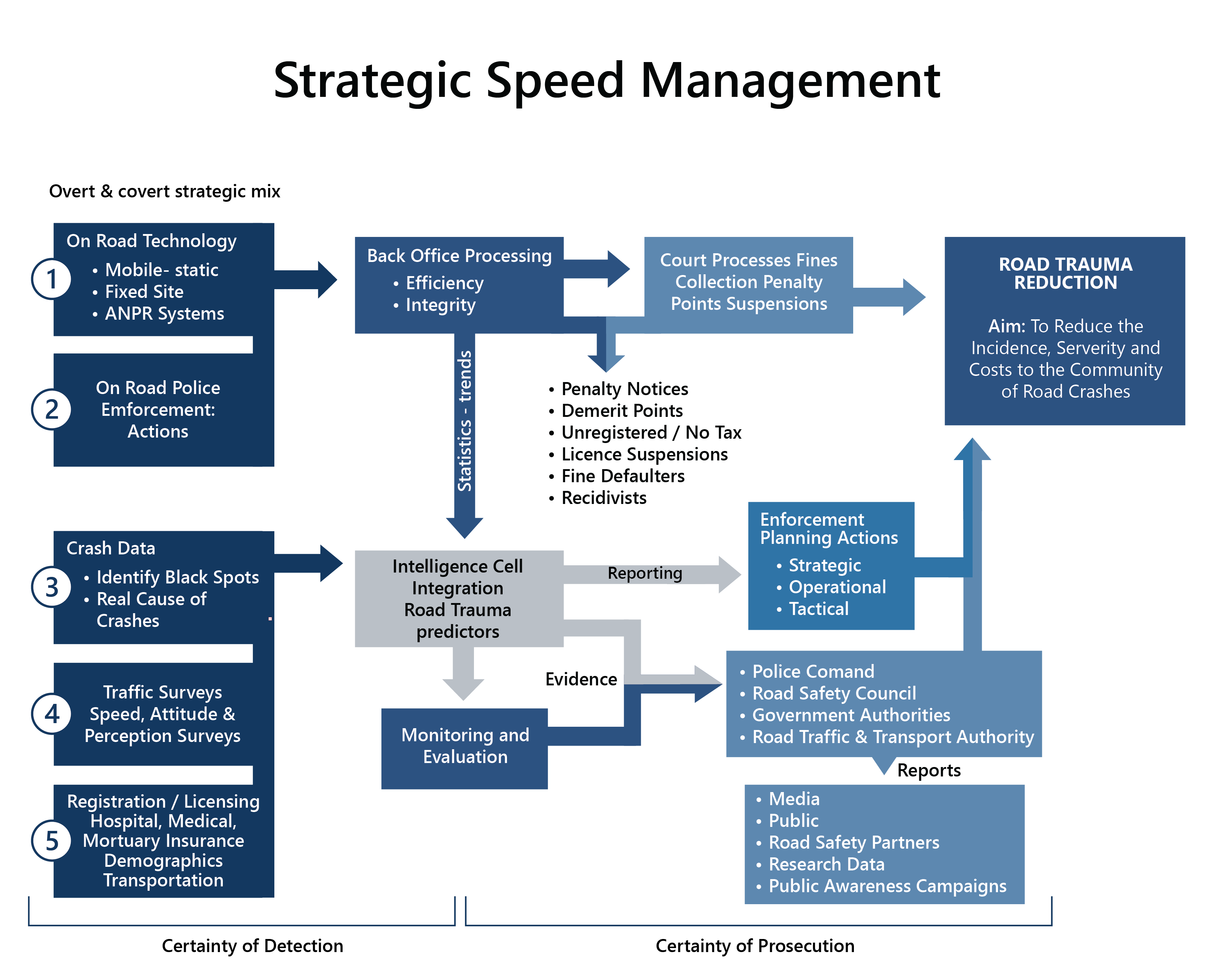
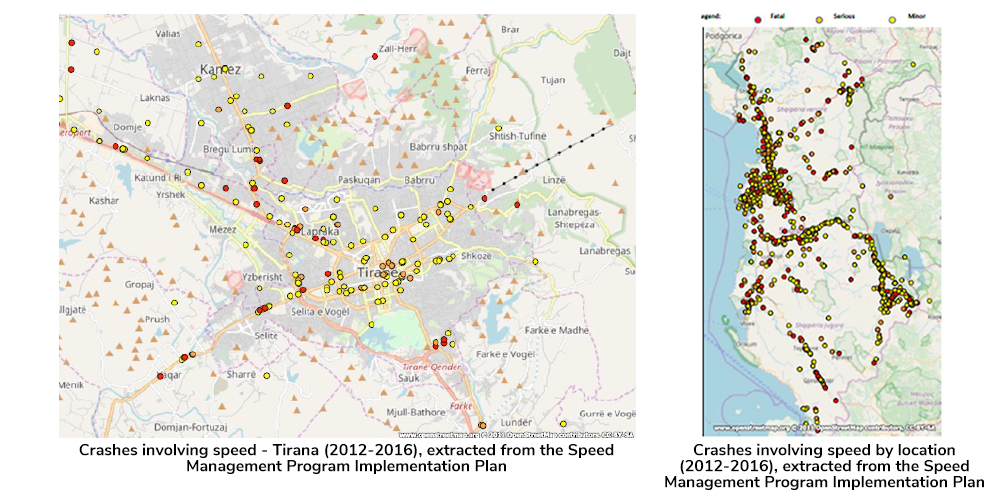
SDGs
